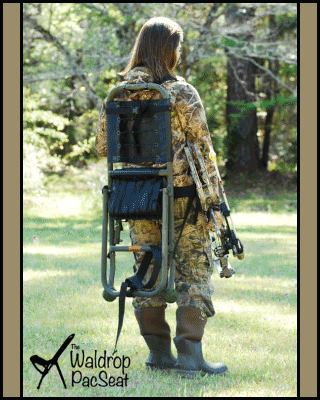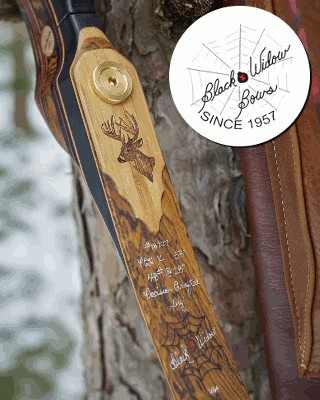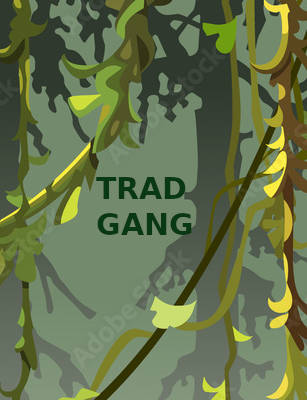Hey Bryant,
Yep, if they are those steels a lot of knives get made out of um. But they can be a lot of other kinds of steels too. So unless you can contact the manufacture of the blades and they will tell you or you want to send some off for expensive chemical analysis...you'll just have to take a SWAG (scientific wild a** guess).
The first SWAG method is the spark test. Do a search and you'll find info on what to look for. All you need is a grinder that turns 10,000 rpm and a dark place to work. If you study the sparks that come off as you grind you can get some ideal of what's in the steel. And in how high a concentrations. But you're still just guessing.
Another thing you can do is experiment. Anneal (soften) a 1" by 2 or 3" piece of the steel in your forge. Then heat it to critical and water quench it. If it hardens right back up so that a file skates over it after you remove the scale and it doesn't crack it's probably a shallow hardening W* or 10** series steel. You're good to go for a knife with an oil quench or water if you're brave enough. ;~)
If it cracks, try again with heated oil quench. If it hardens and doesn't crack...it's probably a deep hardening oil quench steel like 5160, 51000 or any one of a hundred others. Also good for knives.
But if it does crack or fails to harden in any test...you're dealing with a complete unknown. The steel probably requires heat treating in an atmospheric controlled oven and you can't tell the heat treater what steel so they know what procedure to use.
In that case, there is another group of initials for that.
SOL! Don't think I need to explain that one. ;~)
Hope that helps. Good luck.




















